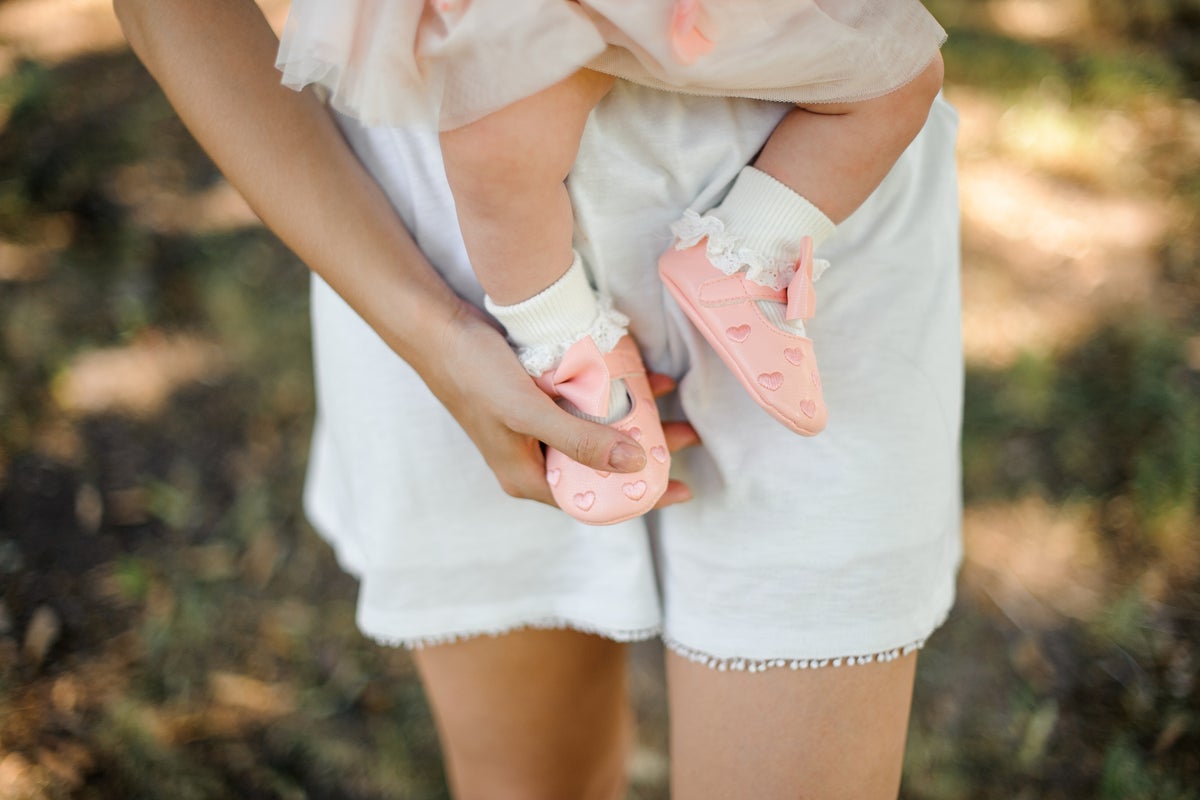
Gender reveal parties have grown more common in recent years withfamilieseagerly anticipating the arrival of their latest family member, unsure whether it will be a son or daughter. However, a recent study suggests that it's not simply a matter of chance.
A research paper released in theScience AdvanceThe journal Friday reported that families have a "distinct likelihood" regarding the gender of their children, with specific elements affecting the chances.
Scientists examined more than 58,000 women who had two or more single births between 1956 and 2015, discovering that mothers with three or more children were more prone to having offspring of the same gender.
Instead of an equal 50-50 possibility of having a boy or a girl, families who already have three daughters were found to have a 58 percent likelihood of having another daughter, while those with three sons had a 61 percent chance of having another son.
What is the reason for this?
Experts highlight the mother's age at the time of childbirth and her genetic factors.
Women who had children after turning 28 were somewhat more inclined to have offspring of the same gender. The research also discovered two genes linked to the likelihood of having only sons or only daughters.
Jorge Chavarro, the lead author of the research and a professor specializing in nutrition and epidemiology at theHarvardT.H. Chan School of Public Health, statedThe Washington Post, “We are unsure of the reason these genes are linked to sex at birth, but they are, which raises new inquiries.”
Some constraints of the research include the absence of information regarding fathers.
Furthermore, a specialist not involved in the research raised concerns regarding the study's genetic examination.
Iain Mathieson, a genetics professor at the University ofPennsylvaniaPerelman School of Medicine, mentioned thePostthe evaluation relied on a limited number of participants and may have been affected by additional variables.
Experts involved in the study stated that further investigation is required to examine how much the discussed elements account for why certain families tend to have children of the same gender.
"Until then, families who want children of more than one gender and have already had two or three kids of the same sex should know that when attempting for their next child, they're essentially flipping a coin that has two heads," the authors wrote.
The Independent has consistently maintained a worldwide viewpoint. Established upon a strong base of high-quality global reporting and insight, The Independent now has an audience that was unimaginable when it began as a new entrant in the British media landscape. For the first time since the conclusion of World War II, and throughout the globe, diversity, logic, a forward-thinking and compassionate approach, and global engagement—principles upheld by The Independent—are facing challenges. Nevertheless, we, The Independent, keep expanding.

Posting Komentar